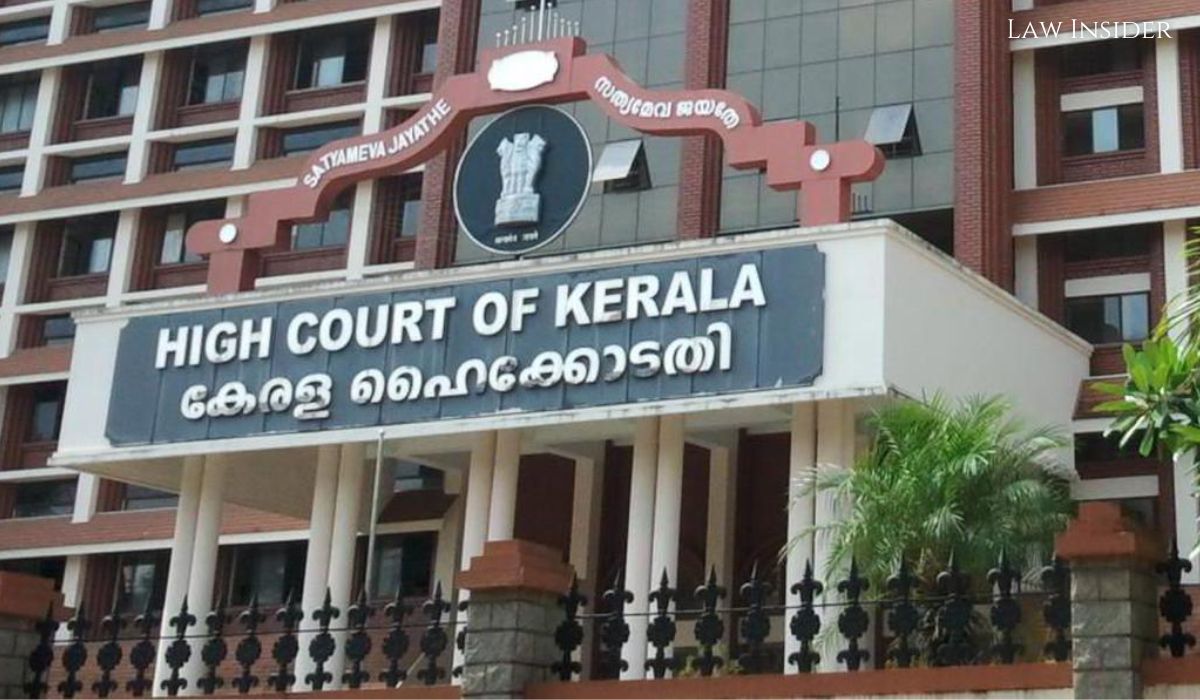Tanisha Rana
Published on: November 04, 2022 at 20:25 IST
The Kerala High Court ruled that a woman’s right to exercise her reproductive choice—to have children or not—must not be restricted [XXXX vs. Union of India].
Justice VG Arun reaffirmed the Supreme Court’s ruling in Suchita Srivastava vs. Chandigarh Admn, which determined that a woman has the freedom to choose her reproductive choices because doing so is an aspect of her personal liberty and is protected by Article 21 of the Indian Constitution.
“There can be no restriction on a woman’s right to exercise her reproductive choice to either procreate or to abstain from procreating. A woman’s right to make reproductive choice being a dimension of her personal liberty, as understood under Article 21 of the Constitution of India, has been declared in Suchita Srivastava vs. Chandigarh Admn [2009(9) SCC 1],” the order said.
The Supreme Court’s more recent ruling in X vs. The Principal Secretary Health and Family Welfare Department, Delhi NCT Government & Anr., where it was determined that prohibiting unmarried women from terminating pregnancies after 20 weeks violates Article 14, was also cited by the court.
The court was considering a motion from a 23-year-old MBA student who was seeking to have her pregnancy from consensual sex with a classmate terminated.
The petitioner’s case was that she became pregnant as a result of a failed attempt at contraception, and it was not until she had an ultrasound scan that she discovered she was expecting.
She said that she had undergone the scan at the doctor’s suggestion after complaining about her irregular menstruation cycles and other bodily discomforts.
She does have polycystic ovarian disease (PCOD), which is characterised by irregular menstruation, but she said she was unaware she was pregnant at the time.
The petitioner said that after learning she was pregnant, she experienced emotional and physical disturbances. To make matters worse, the classmate she was dating departed the country to pursue higher education, according to the petitioner.
The petitioner made the decision to end her pregnancy as a result because she was sure that keeping the baby would make her stress and mental anguish worse.
She stated that she believed having a child would affect both her schooling and capacity to support herself financially.
However, when the pregnancy had reached 24 weeks, none of the hospitals were equipped to end it. This led her to come before the court and make the current plea.
The Court granted her request to terminate the pregnancy at a government hospital and instructed the hospital in question to form a medical team to carry out the procedure, taking into account the medical board’s assessment that the petitioner’s life may be in danger if the pregnancy were to continue.
The hospital is required to make sure the baby receives the finest medical care if it is born alive, according to the court’s decision.
Advocates Akash S, Girish Kumar, V S Varalekshmi, and Neethu S spoke on behalf of the petitioner.

